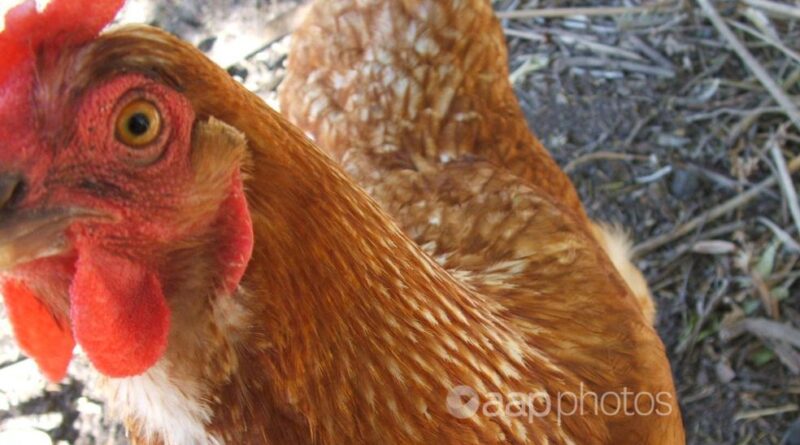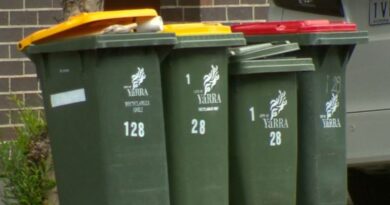Bird flu misinformation spreading faster than virus
Tom Wark
June 24, 2024
Social media users are over-egging claims about the impacts of bird flu outbreaks in Australia and overseas, experts say.
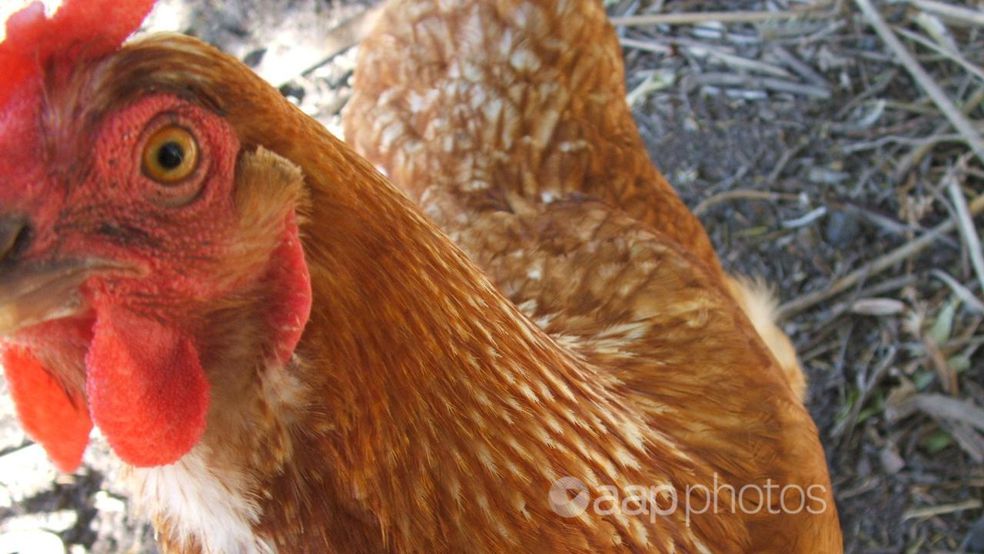
Six Victorian poultry farms have detected cases of avian influenza, sparking fears of egg shortages and mass bird cullings.
The spread of the virus globally has fuelled online conspiracy theories and misinformation about the risks to food supplies and COVID-style lockdowns.
AAP FactCheck has found dozens of outlandish claims on Facebook, TikTok and X about bird flu being deliberately injected into animals to destroy food supplies.
Other social media users predict the World Health Organisation will somehow use the outbreak as a pretext to declare martial law or cancel national elections. Scientists and industry experts have rubbished those claims, saying the risk to human health in Australia remains low and egg shortages are unlikely.
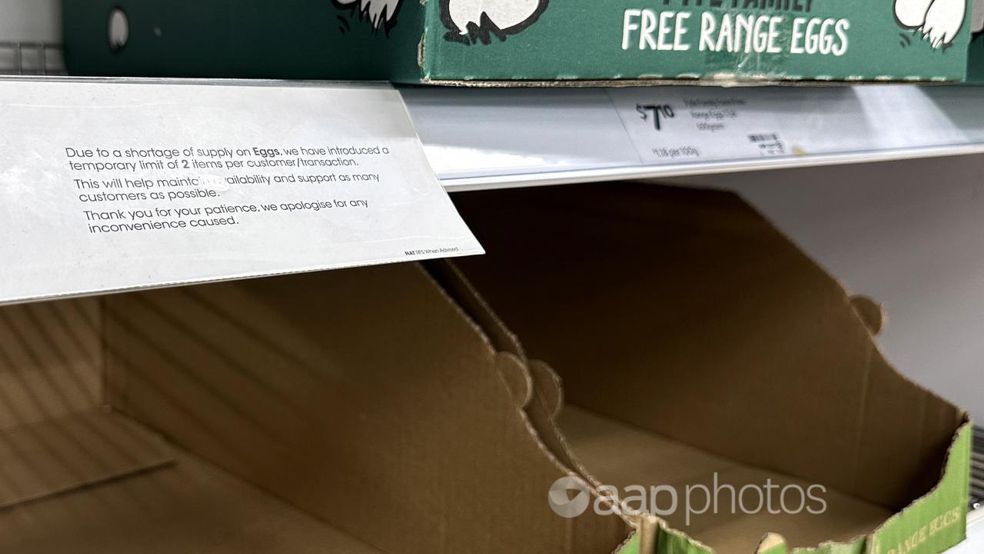
They explain that the more dangerous strain of bird flu (H5N1) spreading in North America and Europe is not the same as the two (H7N3 and H7N9) detected in Victoria.
Australian Chicken Growers Council chief executive Dr Joanna Sillince says the response to the local outbreak has been “textbook”, with governments and industry working “in perfect harmony”.
Dr Sillince hosed down claims about potential food shortages.
“There is no egg shortage in Victoria,” she told AAP.
“Poultry meat and eggs are perfectly safe to eat.”
Professor Marcel Klaassen, a disease ecologist from Deakin University, says the threat to humans is low because of their genetic differences with birds.
“Our common ancestor between birds and mammals goes back a long, long time, so it’s not easy for a virus that is specialised for birds to affect humans, or to affect mammals,” he told AAP. Prof Klaassen says the H5N1 strain is “very nasty” but Australia is well-positioned to handle any outbreak due to geographic isolation and low migratory bird traffic.
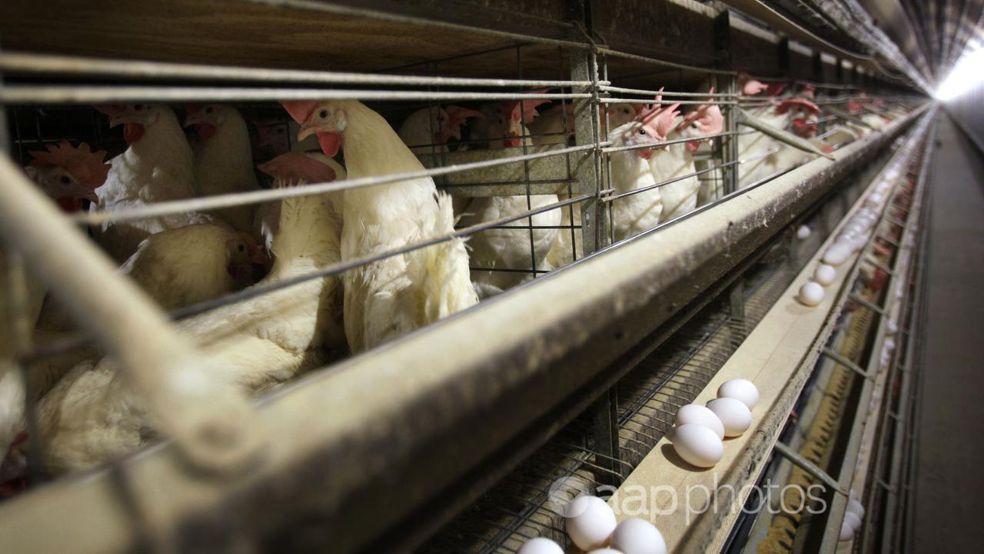
He says wild birds do bring in new strains from overseas but much more incrementally than in the Northern Hemisphere.
“They trickle in, compared to the considerable amount of traffic you have between other continents.
“So it’s just trickling into Australia. But it’s not said that we are entirely protected from the nasty virus that is now circulating around the globe.”
The spread of H5N1 overseas has caused more concern because it has been detected in mammals including seals, sea lions and cattle.
The federal agriculture department website says nine outbreaks have occurred in Australia since 1976, all of which were eradicated.
Federal Agriculture Minister Murray Watt emphasised earlier this week that the local outbreak isn’t H5N1.
“That’s the way we intend to keep it,” he said.
The WHO, which has been the subject of much misinformation about bird flu, last recorded a new human case in the Western Pacific Region, including Australia, on March 26.
It certainly hasn’t indicated that countries may need to consider the drastic public health measures social media users are discussing. “Based on available information, WHO assesses the current risk to the general population posed by this virus as low,” the WHO’s most recent assessment says. (AAP)
